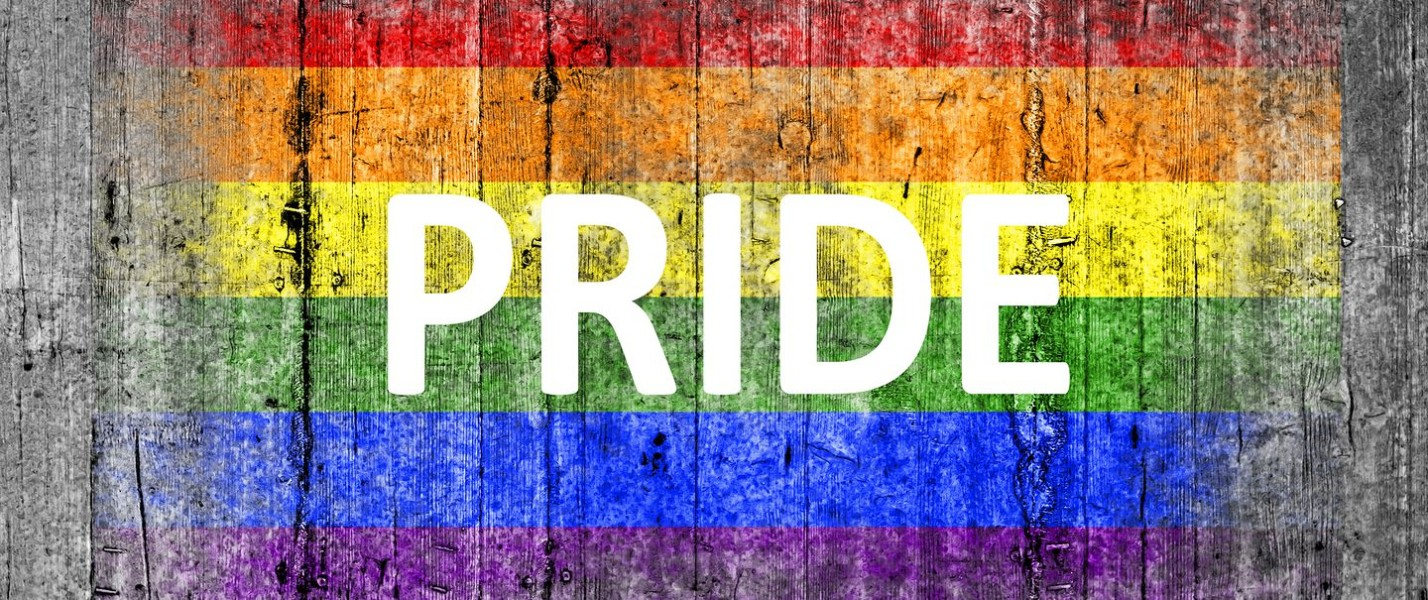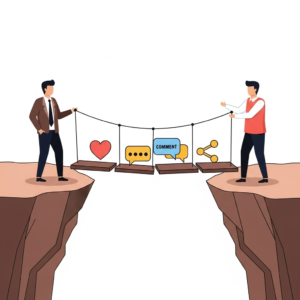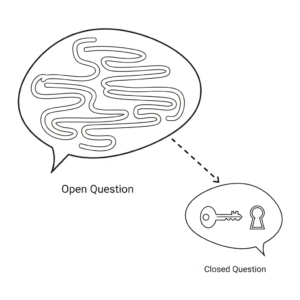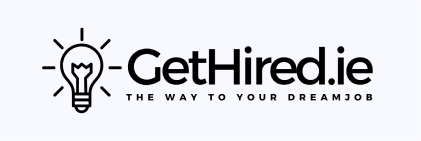Introduction:
Ireland has come a long way in its recognition and acceptance of LGBTQIA+ rights. The country’s rich history is intertwined with struggles and triumphs that have shaped the LGBTQIA+ community’s journey towards equality and inclusion. From decriminalization to marriage equality, Ireland has witnessed significant milestones, with Pride emerging as a powerful symbol of progress and unity. In this article, we will explore the important aspects of LGBTQIA+ history in Ireland and highlight the significance of Pride in the Irish context.
The Journey Towards Equality:
Ireland’s journey towards LGBTQIA+ equality began with the decriminalization of homosexuality in 1993. Prior to that, same-sex relationships were considered criminal offences. This legal change marked a significant turning point in Irish society, providing a foundation for subsequent advancements. The 1990s and early 2000s witnessed the emergence of LGBTQIA+ organizations, activists, and support networks that began advocating for equal rights.
What happened in 1993 was after decades of campaigning. Other milestones prior to 1993 were the first Gay Pride march in 1974, the opening of the Hirschfeld Centre in 1979, the aftermath of the murder of Declan Flynn in 1983, the Norris v Ireland (1988) case at the ECHR, the election of David Norris to the Seanad in 1987. 1993 was not the start of the journey but one of many steps that are connected with our history.
Civil Partnership and Marriage Equality:
One of the landmark moments in Irish LGBTQIA+ history was the introduction of civil partnership legislation in 2010. This step granted legal recognition to same-sex relationships, providing legal protections and rights. However, it was the referendum on marriage equality in 2015 that truly transformed the landscape of LGBTQIA+ rights in Ireland. The Irish people overwhelmingly voted in favor of allowing same-sex couples to marry, becoming the first country in the world to do so through a popular vote. This momentous event represented a resounding affirmation of equality and love.
Transgender Rights and Gender Recognition:
Ireland has also made strides in recognizing and protecting transgender rights. In 2015, the Gender Recognition Act was passed, allowing transgender individuals to have their preferred gender legally recognized. This legislation established a self-declaration system, removing the previous requirement of medical intervention for legal recognition. The Gender Recognition Act has played a crucial role in affirming the rights and identities of transgender individuals in Ireland.
Pride: A Celebration of Diversity and Inclusion:
Pride events have become a cornerstone of LGBTQIA+ visibility and community-building across the globe. In Ireland, Pride has a special significance due to the country’s historical struggles and progress in LGBTQIA+ rights. Dublin Pride, the largest Pride celebration in Ireland, brings together people from all walks of life to commemorate LGBTQIA+ history and promote acceptance.
Pride serves multiple purposes in the Irish context. It is a platform for LGBTQIA+ individuals and allies to express their identities openly and proudly, fostering a sense of belonging and acceptance. Pride parades and events raise visibility and awareness, challenging societal prejudices and stereotypes. By celebrating diversity, Pride reinforces the idea that all individuals deserve respect, dignity, and equal rights.
Beyond the celebratory aspect, Pride in Ireland is a reminder of the ongoing work required to achieve full equality. It provides an opportunity for activists and organizations to advocate for LGBTQIA+ rights, address remaining challenges, and push for further inclusivity. Pride empowers the community and encourages society to embrace equality, acceptance, and love in all its forms.
Conclusion:
The LGBTQIA+ history in Ireland is a testament to the power of resilience, activism, and social progress. From the decriminalization of homosexuality to marriage equality and transgender rights, Ireland has witnessed significant advancements. Pride, as a symbol of progress and unity, continues to be an important part of the Irish LGBTQIA+ experience. It represents the celebration of diversity, the pursuit of equality, and the ongoing fight for acceptance. As Ireland’s LGBTQIA+ community and its allies continue to pave the way for a more inclusive society, Pride serves as a beacon of hope, inspiring change and fostering a future of acceptance for all.
Discloser: this article had been written by a Brazilian living in Ireland for 8 years only, if I missed anything please feel free to share and engage with your thoughts










